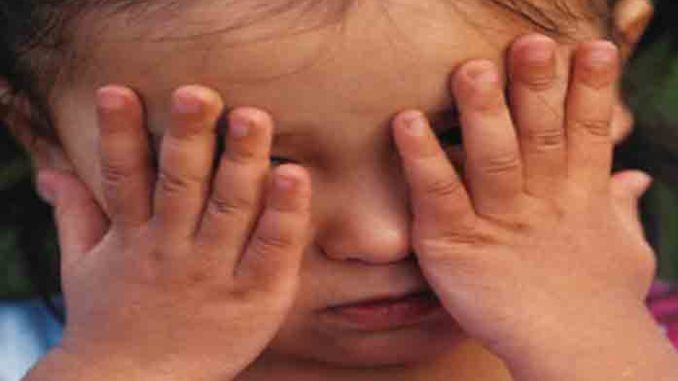
Opinion by Dale Brethower
When politicians say “It is for the children.” they are always appealing to emotion. Sometimes that is a very good thing to do; they are adding an emotional finishing touch to a strong argument. But sometimes the appeal to emotion is to support an argument that is weak or contradicted by most of the evidence. When I hear “It is for the children.” I am left to ask: Is the appeal a finishing touch to reasoning or a substitute for reasoning.
The situation is similar when politicians say “It will harm the children.”
Perhaps, they say, children will starve if legislation funding poor people is not passed. Perhaps, they say, future generations of children will have to pay the cost of the legislation, legislation that is inherently unfair because those benefitting do not pay and those paying do not benefit. I am left to ask: How do we know children will starve? If the legislation is so valuable, shouldn’t we find a way to pay for it other than foisting the costs off on people who can’t vote?
“We have to act now to save the planet for our children!”
Maybe. Maybe not. How would the action save the planet for future generations? Surely we all want to know how to do that! How much would it cost and how much good would it do?
“We have to outlaw guns on school property to save the children!”
Maybe. Maybe not. How do we know making schools gun free zones would protect children? Surely we all want to know how it would do that and how many children we’d save!
“If we save just one child, it would be worth it! What is the price of a child’s life? Is anything too much?”
Maybe. Maybe not. If the legislation would save one child’s life, that’s important! We all want to know how it would do that; we don’t want put a price on a child’s life and we do not want to take money away from another program that would save more lives of children.
“Children are starving every day! We must provide higher welfare payments!”
Maybe. Maybe not. We all want to prevent children from starving or from harm by neglectful or abusive parents. When and how has increasing welfare payments yielded reduction in neglected, abused, or starving children? How do we know this legislation would help?
Spending tax money in ways that truly benefit children might be a wonderful thing, but we should always wonder if there are better or less costly ways of doing it. The people we elect to make spending decisions should be passionate about the lives and wellbeing of children. The people we elect to make spending decisions should also be passionate about getting the best results for the least costs. There is always a cost and always a result.
I want my representatives to debate with both emotion and reason. Their emotions and mine are repositories of our values; our emotions help us when emotion and reason work together; our emotions harm us when emotion overrides reason. If it truly is “for the children” it deserves both passionate advocacy and tenacious reasoning.
Dale Brethower is a Professor Emeritus of Psychology from Western Michigan University
